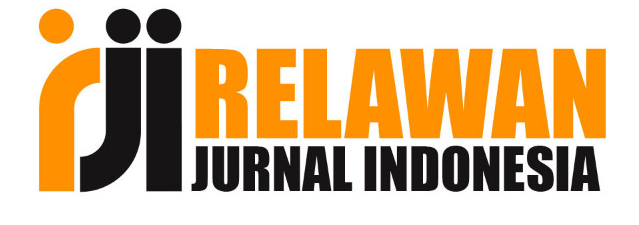Social Emotional Learning in ELT: Opportunities and Challenges
DOI:
https://doi.org/10.36982/jge.v12i1.4427Abstrak
Social Emotional Learning (SEL) plays a crucial role in developing students' emotional intelligence, social skills, and overall well-being. SEL focuses on five core competencies: self-awareness, self-management, social awareness, relationship skills, and responsible decision-making. Integrating SEL into English Language Teaching (ELT) aligns these competencies with language learning objectives, fostering improved communication skills and holistic student development. Research indicates that SEL enhances emotional and academic outcomes, increasing student motivation, self-confidence, and peer relationships. In ELT settings, SEL supports a positive learning environment by addressing students' emotional needs, which boosts engagement and reduces anxiety. Despite its benefits, SEL integration faces challenges such as curriculum constraints, limited time and resources, and varying levels of teacher preparedness. Effective integration requires balancing SEL with language goals, providing adequate professional development for teachers, and addressing diverse student needs. While integrating SEL into ELT poses challenges, it promotes resilience, a growth mindset, and better communication skills, contributing to overall student success. To fully capitalize on SEL, educators need ongoing training, and policymakers should support SEL within educational standards. Collaborative efforts among educators, researchers, and policymakers are essential to develop and sustain effective SEL practices, creating a more engaging and supportive learning environment for students. This paper focuses on the opportunities and challenges of the integration of SEL in ELT.
Keywords: Social Emotional Learning, ELT Classroom, Opportunities, Challenges
Unduhan
Diterbitkan
Cara Mengutip
Terbitan
Bagian
Lisensi

Artikel ini berlisensiCreative Commons Attribution-NonCommercial-ShareAlike 4.0 International License.
Global Expert: Jurnal Bahasa dan Sastra is published by Universitas Indo Global Mandiri and licensed under a Creative Commons Attribution-ShareAlike 4.0 International License.











